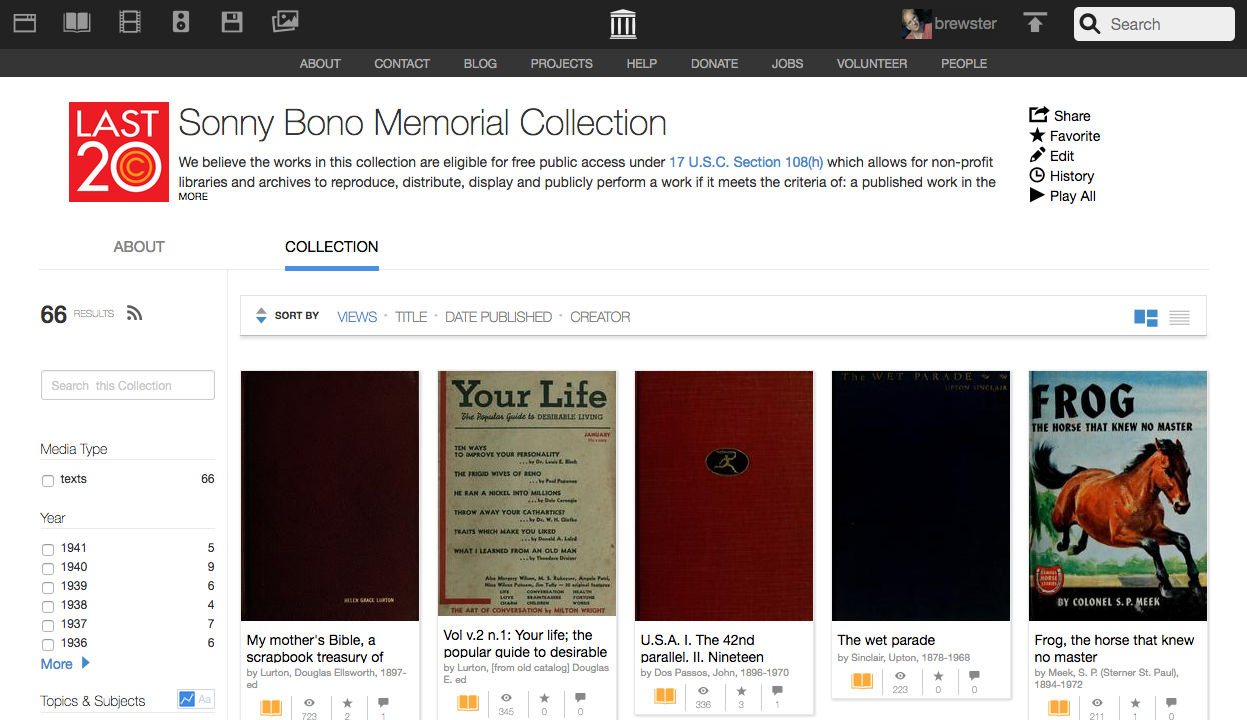Library advocacy | Digitization | Libraries | User experience | Book review
 BiblioTech: Why Libraries Matter More Than Ever in the Age of Google
BiblioTech: Why Libraries Matter More Than Ever in the Age of Google by
John Palfrey
Reviewer: Stephanie L. Gross, MSLIS, MATESOL
August 16, 2017
My rating:
4 of 5 stars
Reviewer bio:
I am an academic librarian whose main responsibility has been to establish and maintain a large database for electronic reserves. I have a solid background in public service, and have mentored library school students and recent graduates for over 10 years. I am conversant in issues relating to access and technology relating to digitization of materials as well as those born-digitally. Since I follow library news on a daily basis, I read this book more as a review of the known, while noting sources for future use. Most of those concerned digitization of material and aspects relating to institutional repositories. A second focus was based on a new work responsibility, that of personal librarian to undergraduate honors students.
Review:
This volume was written by a "feral" librarian with a law degree. It included the major areas where and how libraries are ever-relevant today: users, spaces, platforms, hacking, networks, preservation, education and copyright. Noteworthy highlights for me were the discussions of how some librarians and advocates are reinventing libraries while acknowledging their tradition roles in democratic society. Public, academic, school and special libraries were included. The ‘hybrid-ness’ of libraries is emphasized, along with the innovative factor of digitization of a variety of materials. Risks are involved when print is not saved to backup data. “Data rot” happens when technology fails, but also when newer forms outpace older, obsolete ones. Budgets are stretched to accommodate both digital and analog materials. The author calls for the ‘collaboration’ among librarians, the establishment of library networks, consortia, and private as well as public funding. The conundrum of copyright, data rights and collection policies was briefly examined.
Additional Subject headings might include:
Digital libraries
Web archiving
Digital preservation
Archival materials – Digitization
Library materials -- Digitization
View all my reviews


